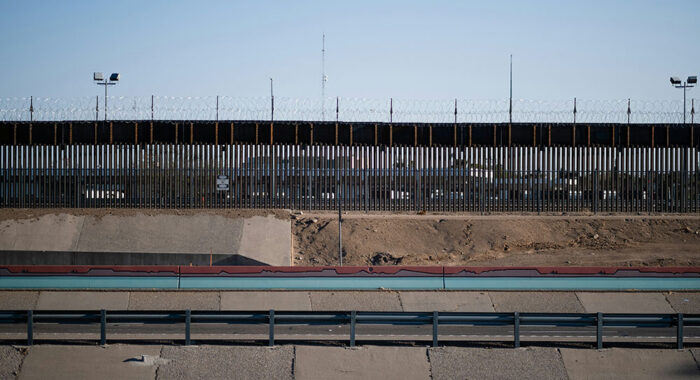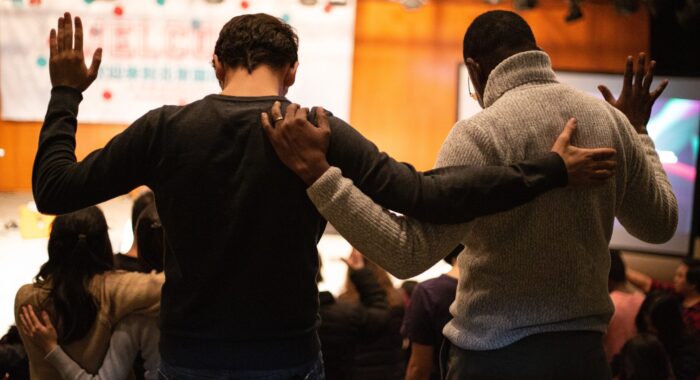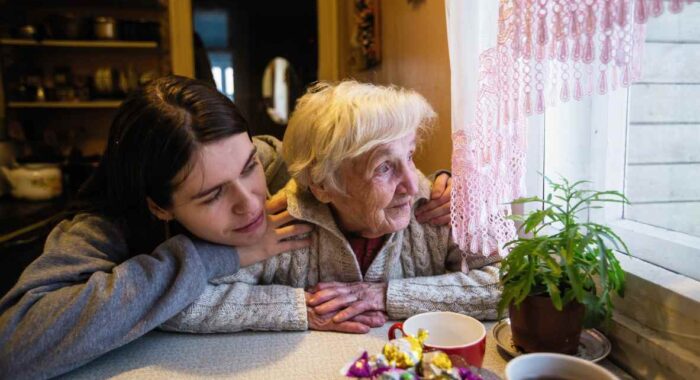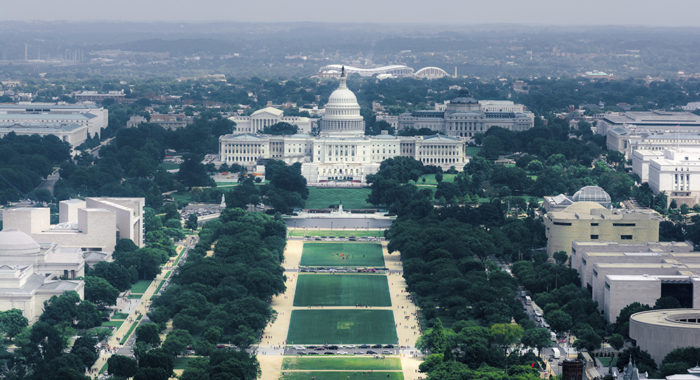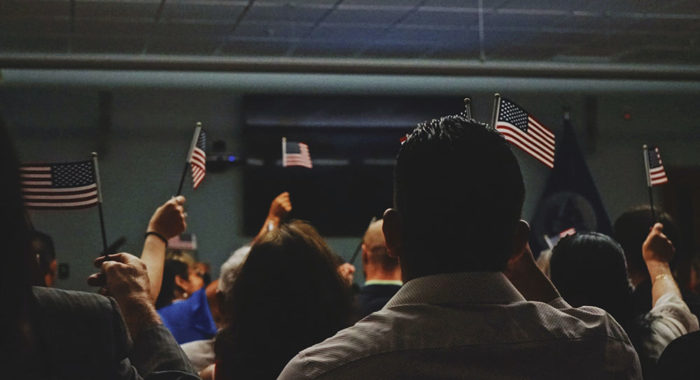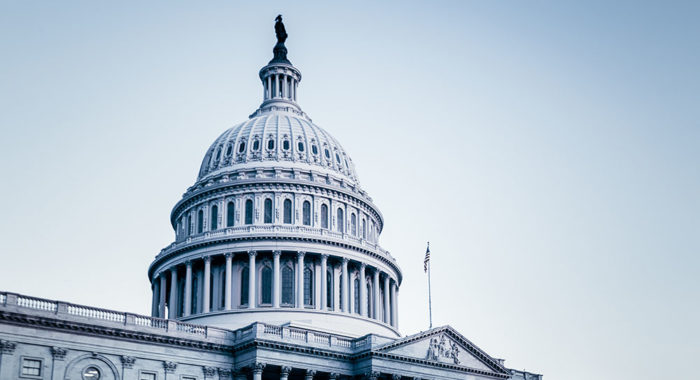The establishment and maintenance of minimum standards of decency within a community is, and of right ought to be, the privilege and power of the people of that community, acting within reasonable constitutional limits.
The judicial determination of what constitutes legally defined pornography and obscenity is in each case primarily a question of fact, which ought to be decided by court or jury which tries the facts. Such trial courts and juries are qualified to distinguish between art and pornography and determine within statutory definitions acceptable bounds of decency. They are, by virtue of their local setting, more qualified to do so than any federal appellate court remote to the community.
Appellate privileges have been grossly abused again and again by clever attorneys representing defendants in cases involving pornography and obscene literature. The availability of unlimited funds to finance appeals, often on technical grounds, has resulted in overturned convictions in numerous cases. As a consequence, an ever increasing flow of salacious materials has flooded our communities, with a concomitant erosion of public standards of decency.
The Congress of the United States has the power, among others, to stop the endless appeals that may be made in cases concerning pornography, after the finding of fact has been determined by a jury or court. In one bill before the Congress, no court of the United States or of the District of Columbia would have the power to review, reverse or set aside a determination made by a (federal or state) jury or by a court of any State on the question whether an article, matter, thing, device or substance is in fact obscene, lewd, lascivious, indecent, vile or filthy.
The National Association of Evangelicals urges its members to support constructive legislation in this area that will permit local communities to establish and enforce their own standards of decency.



 View All Updates
View All Updates 

